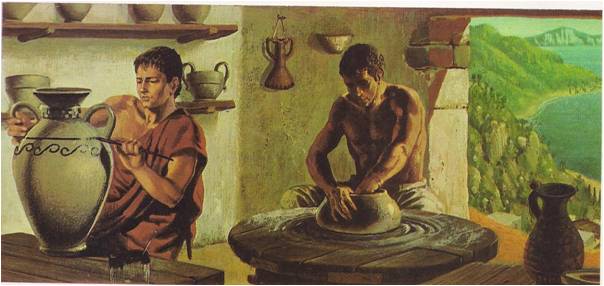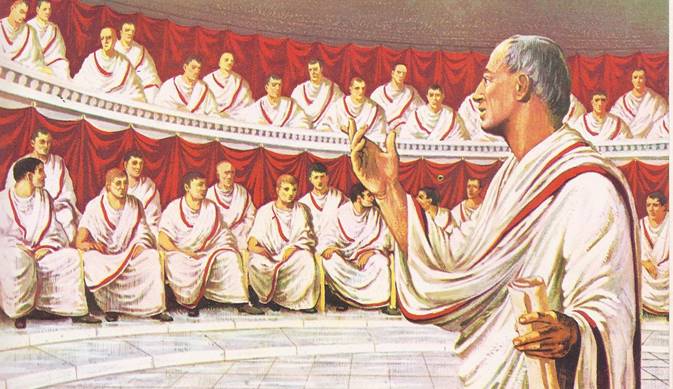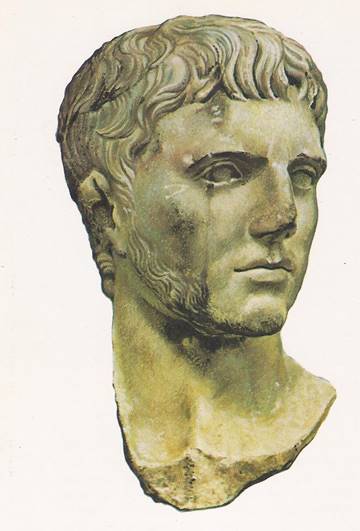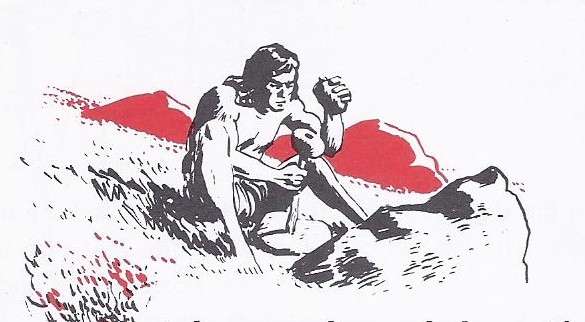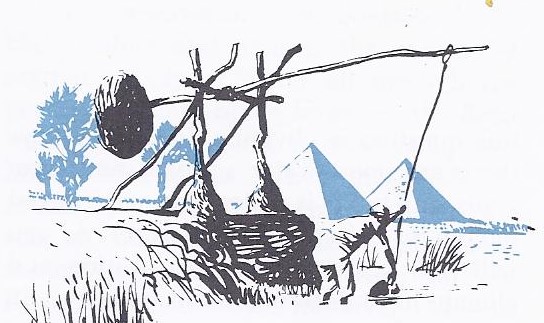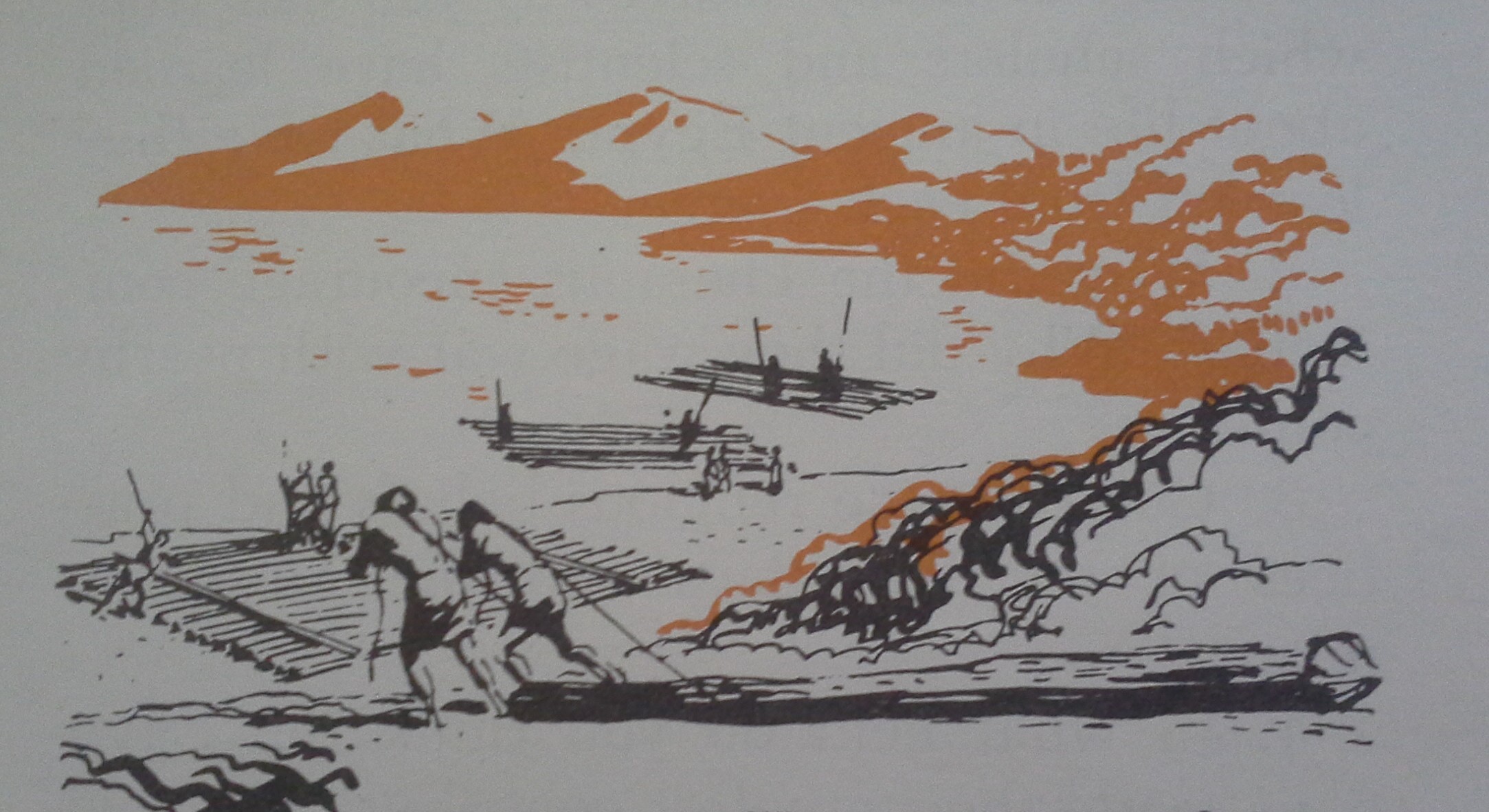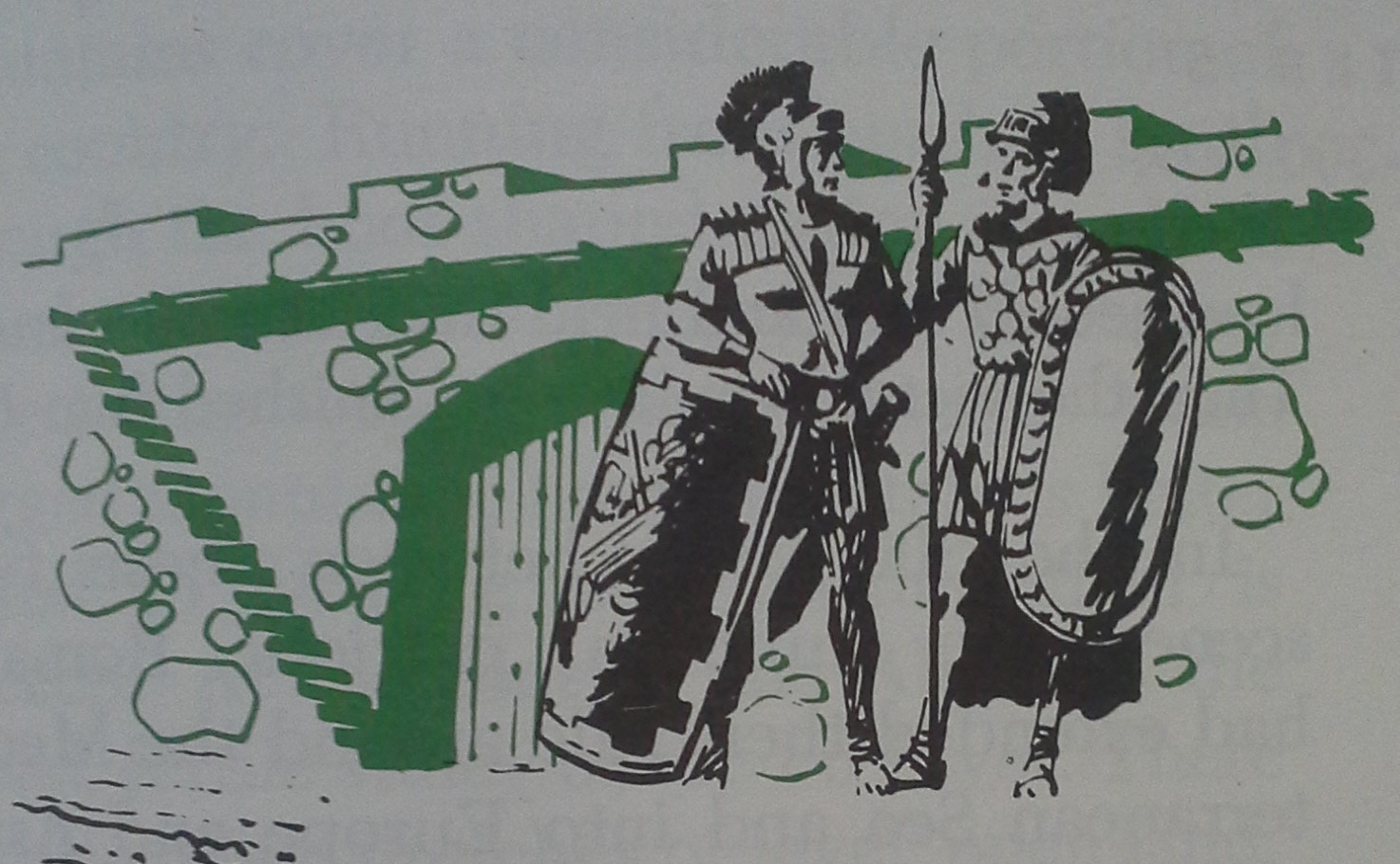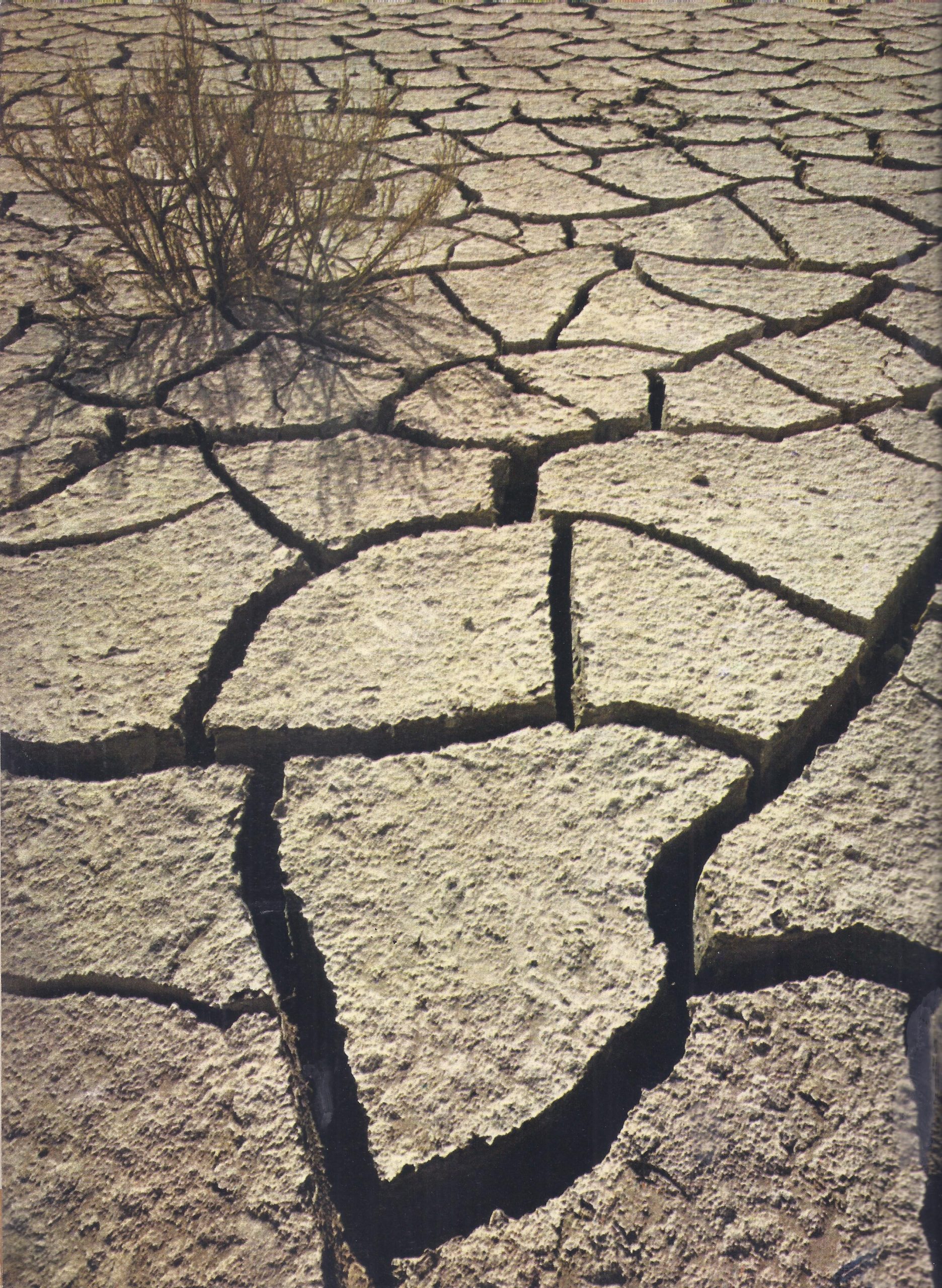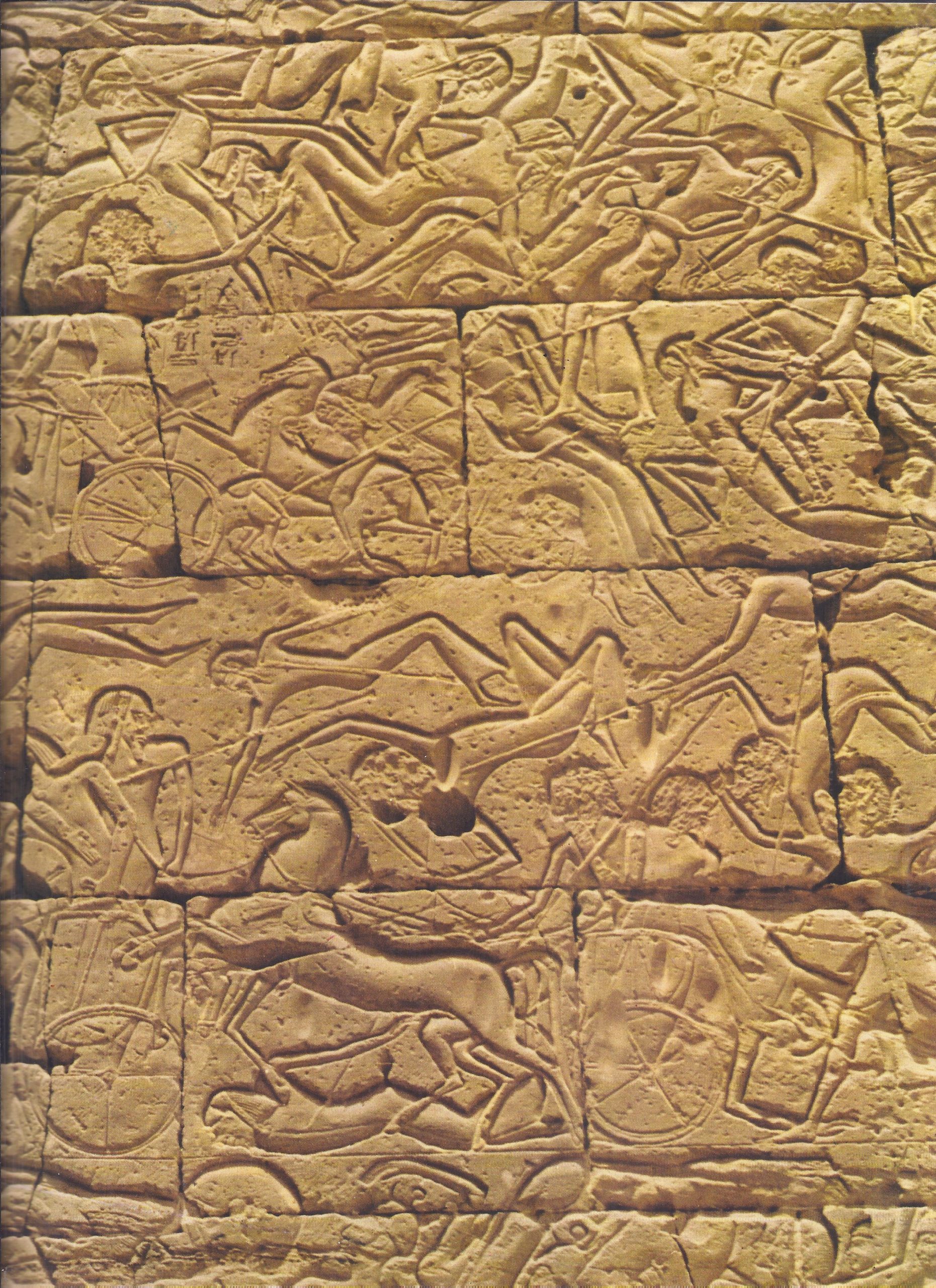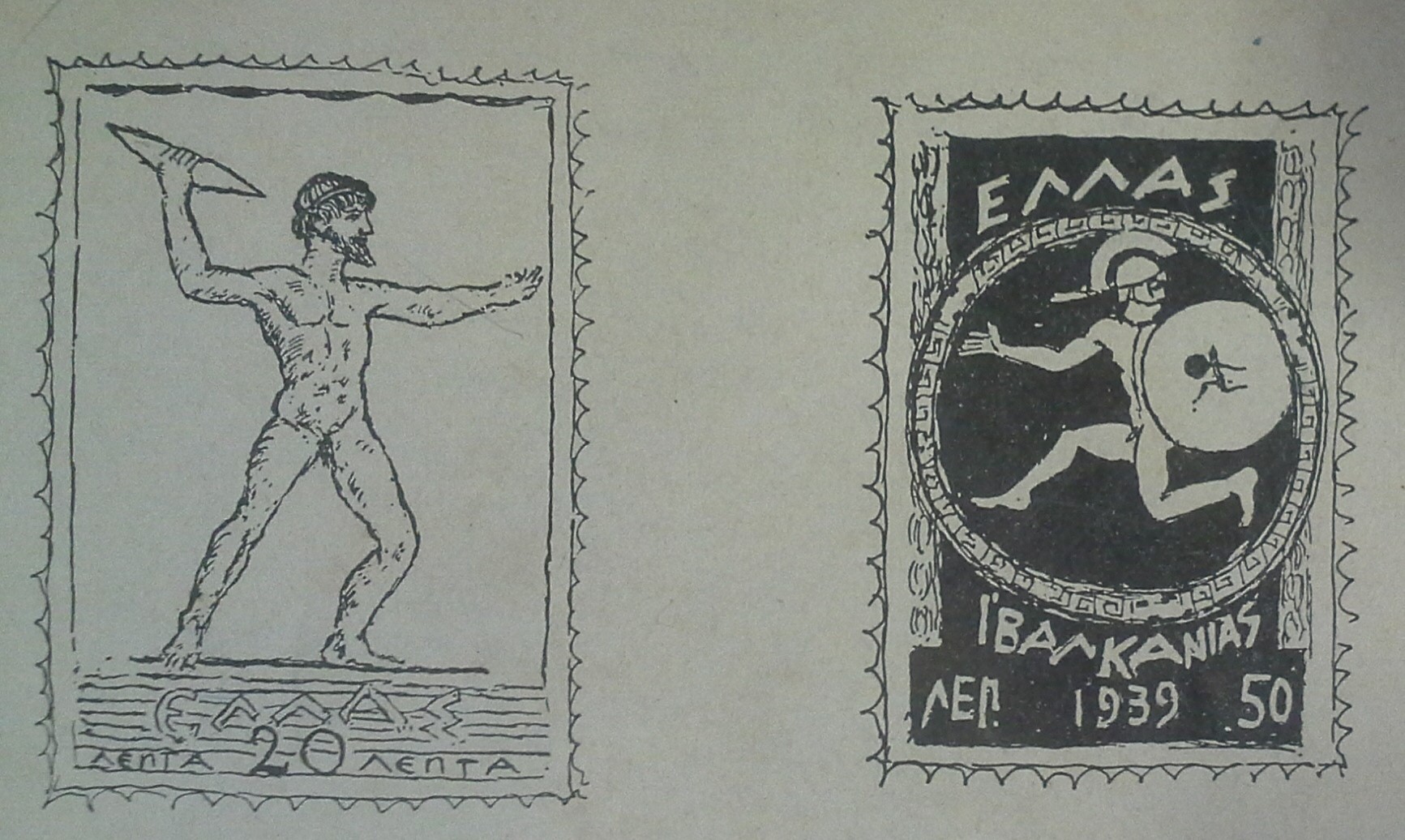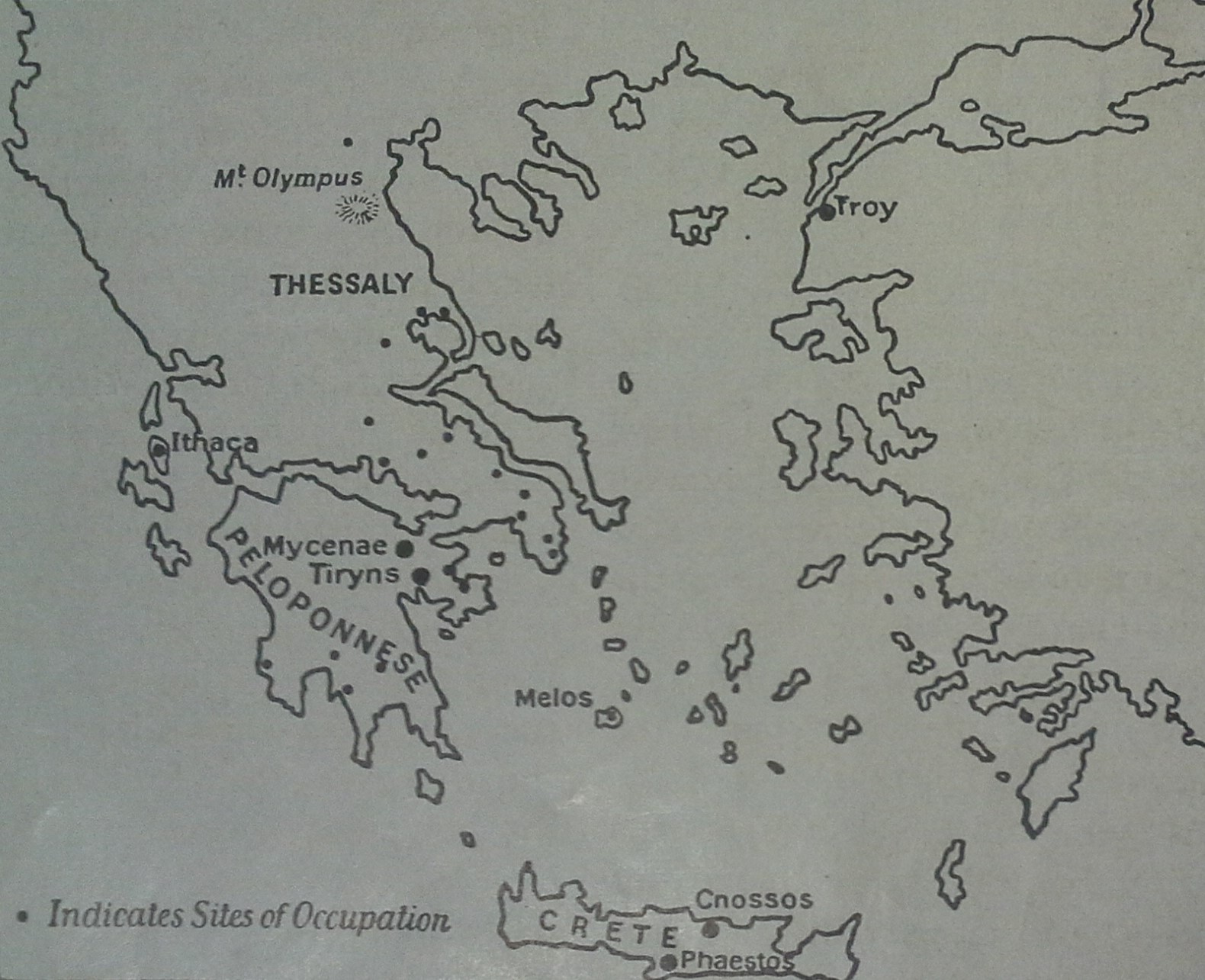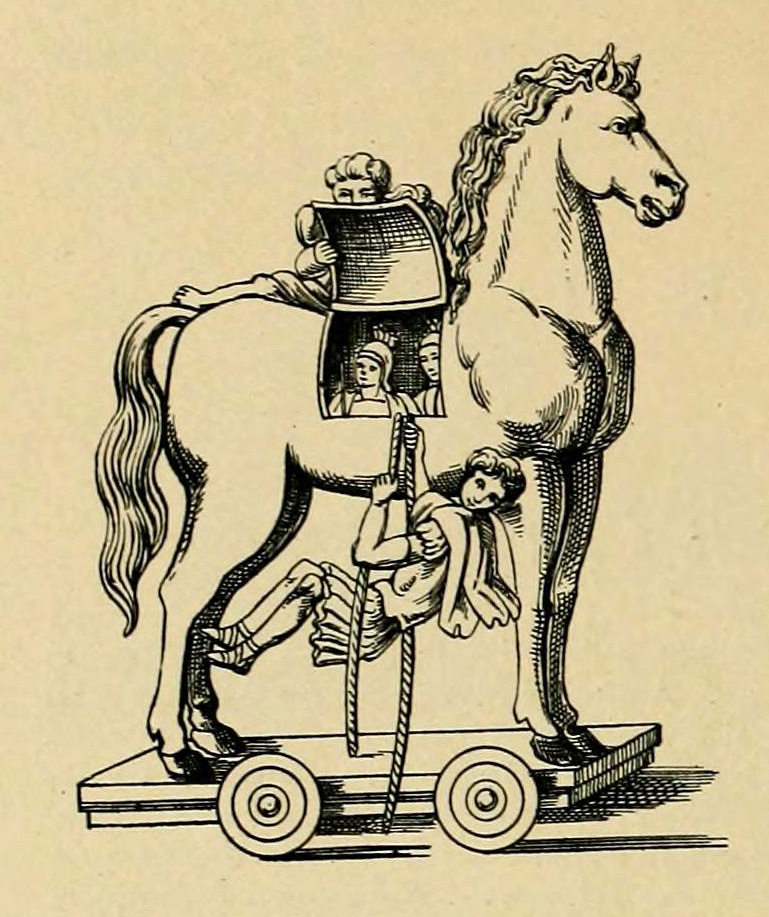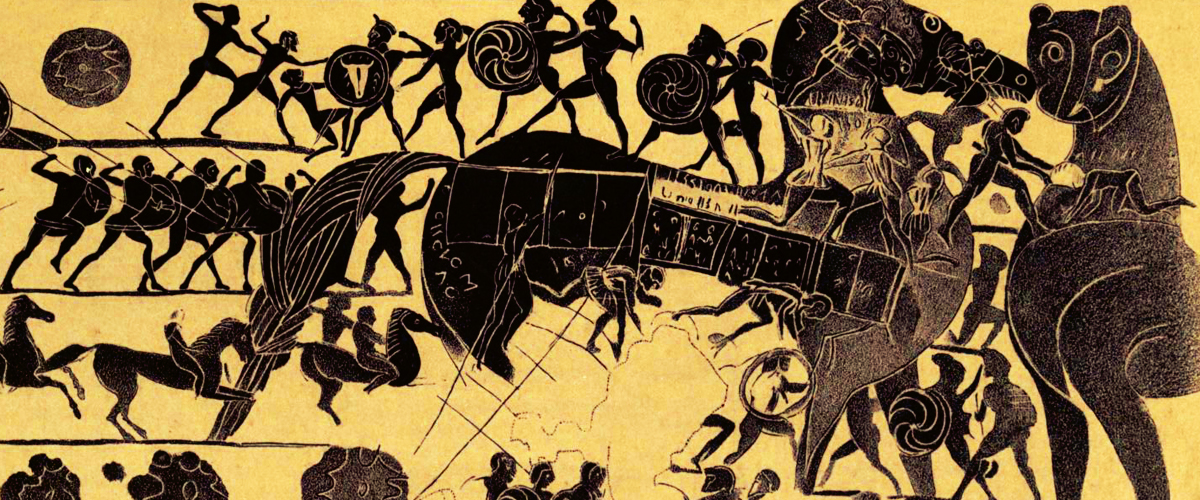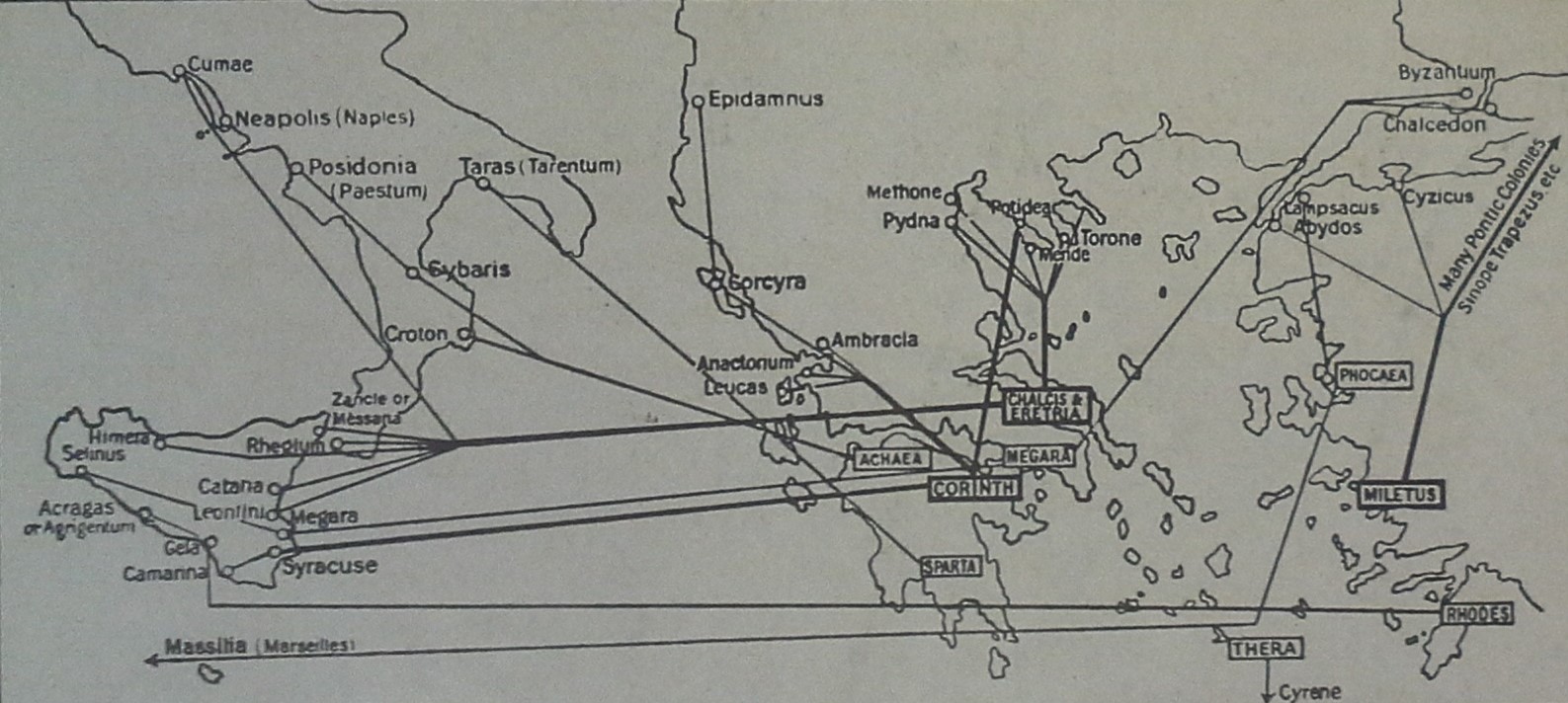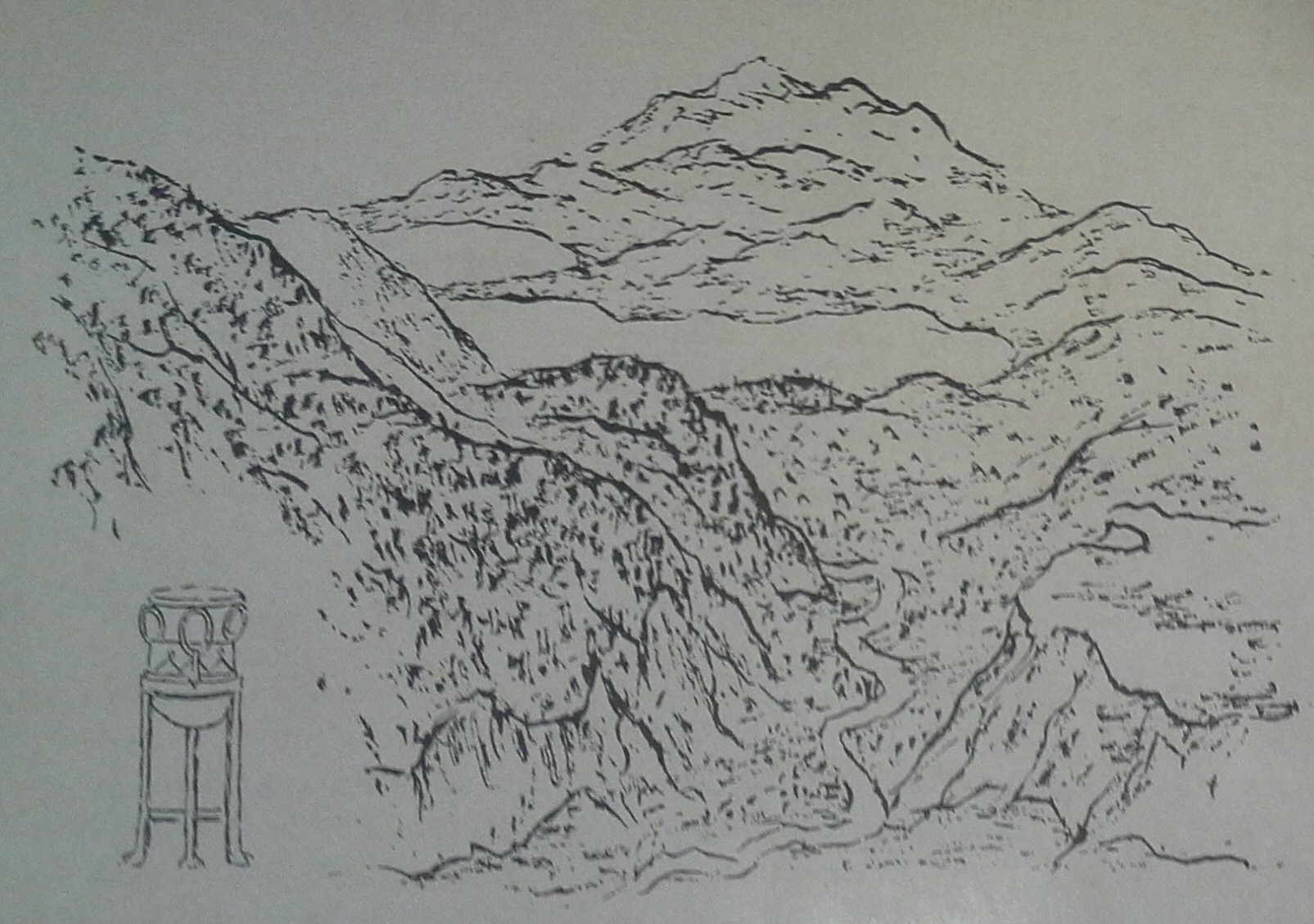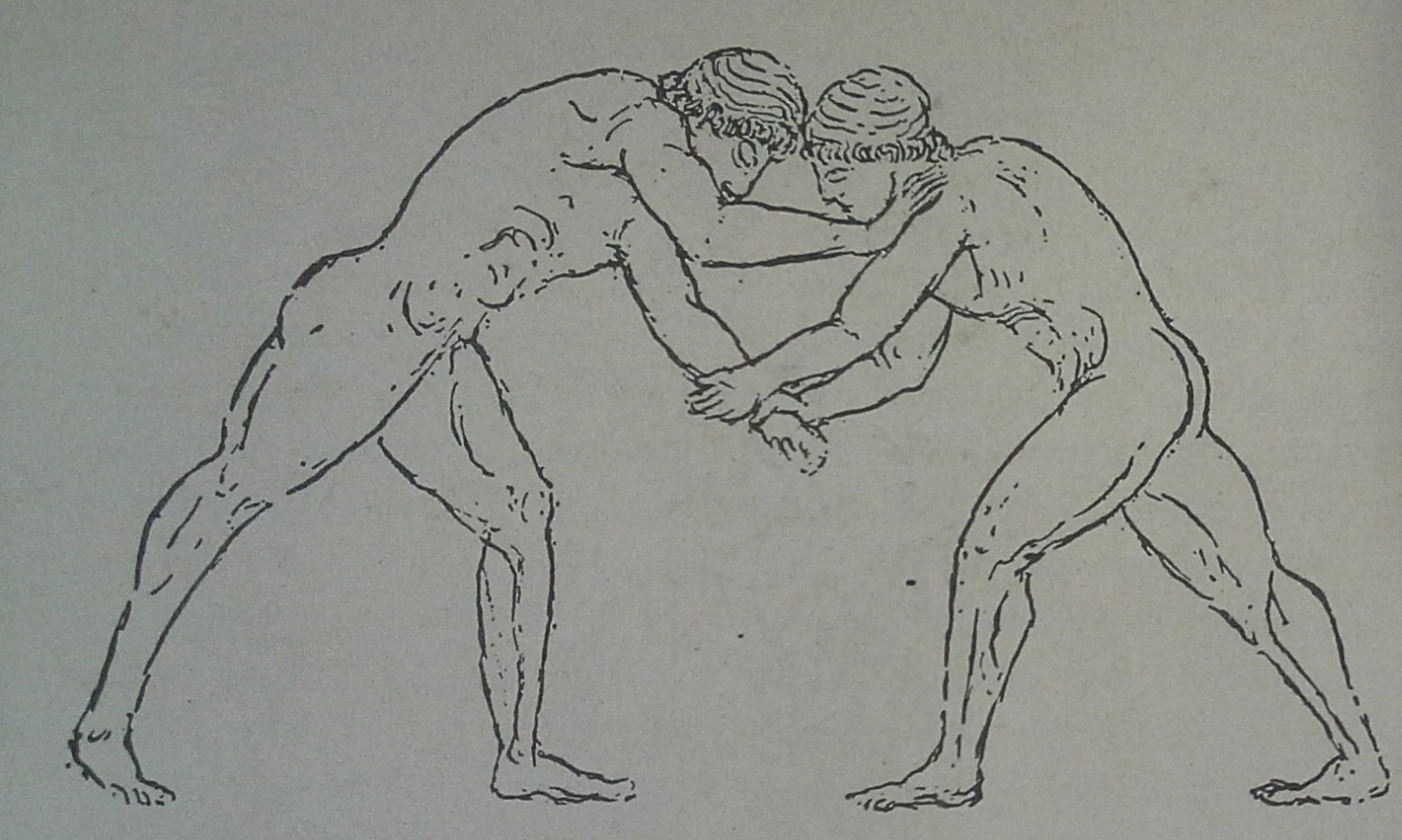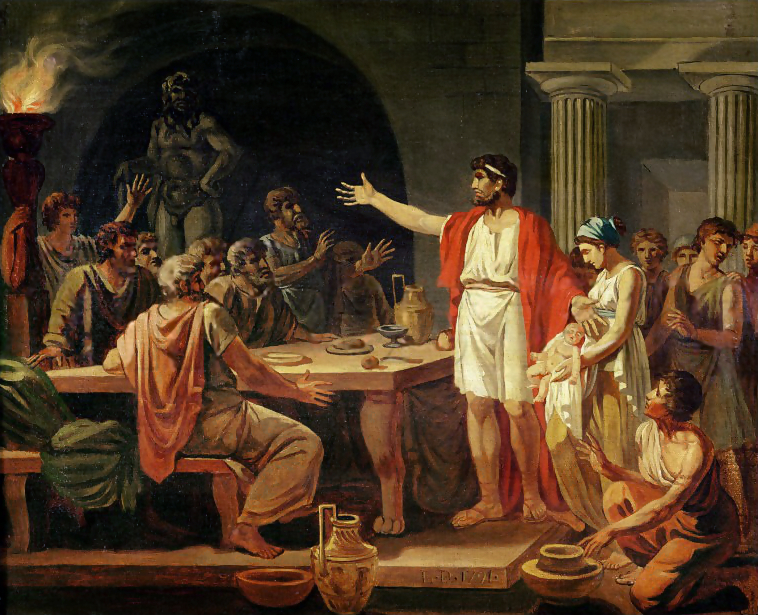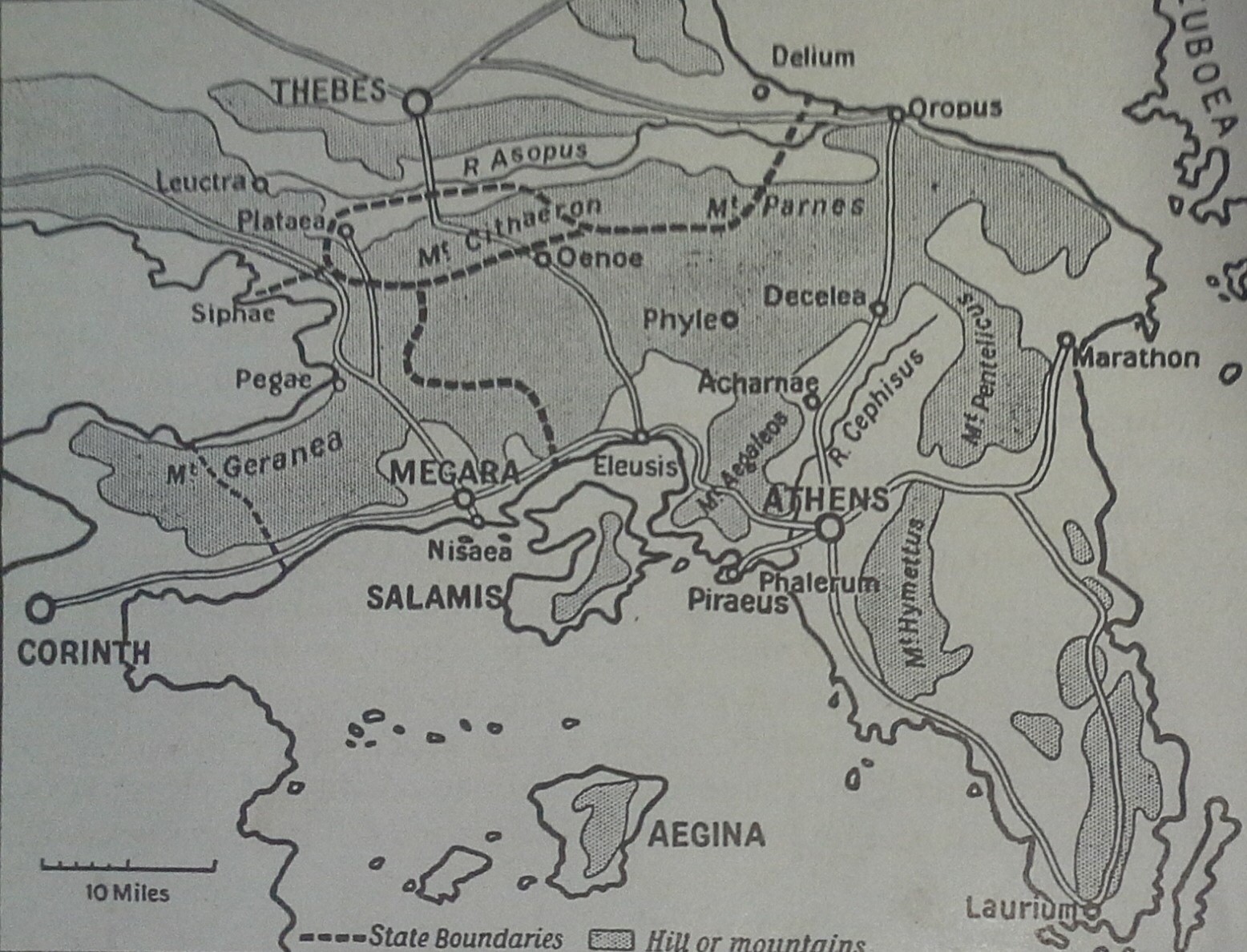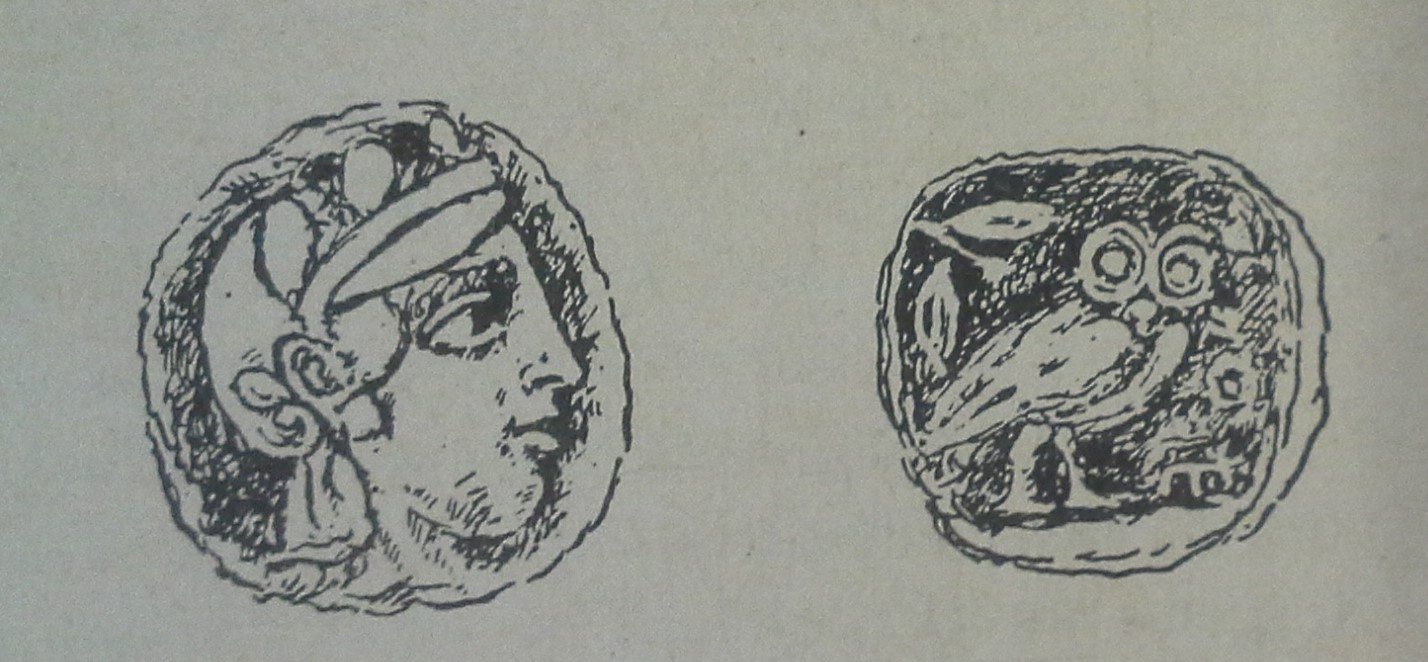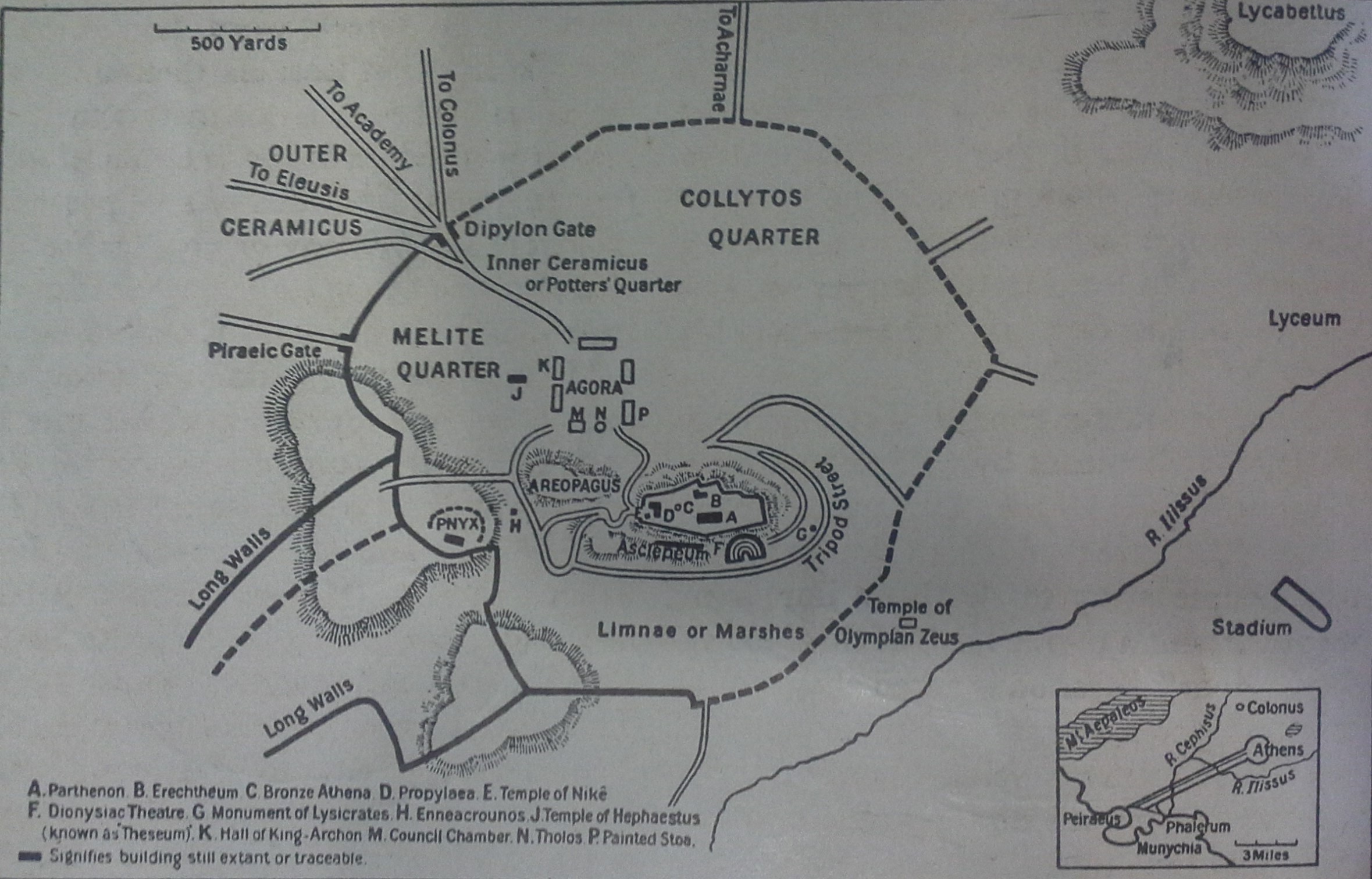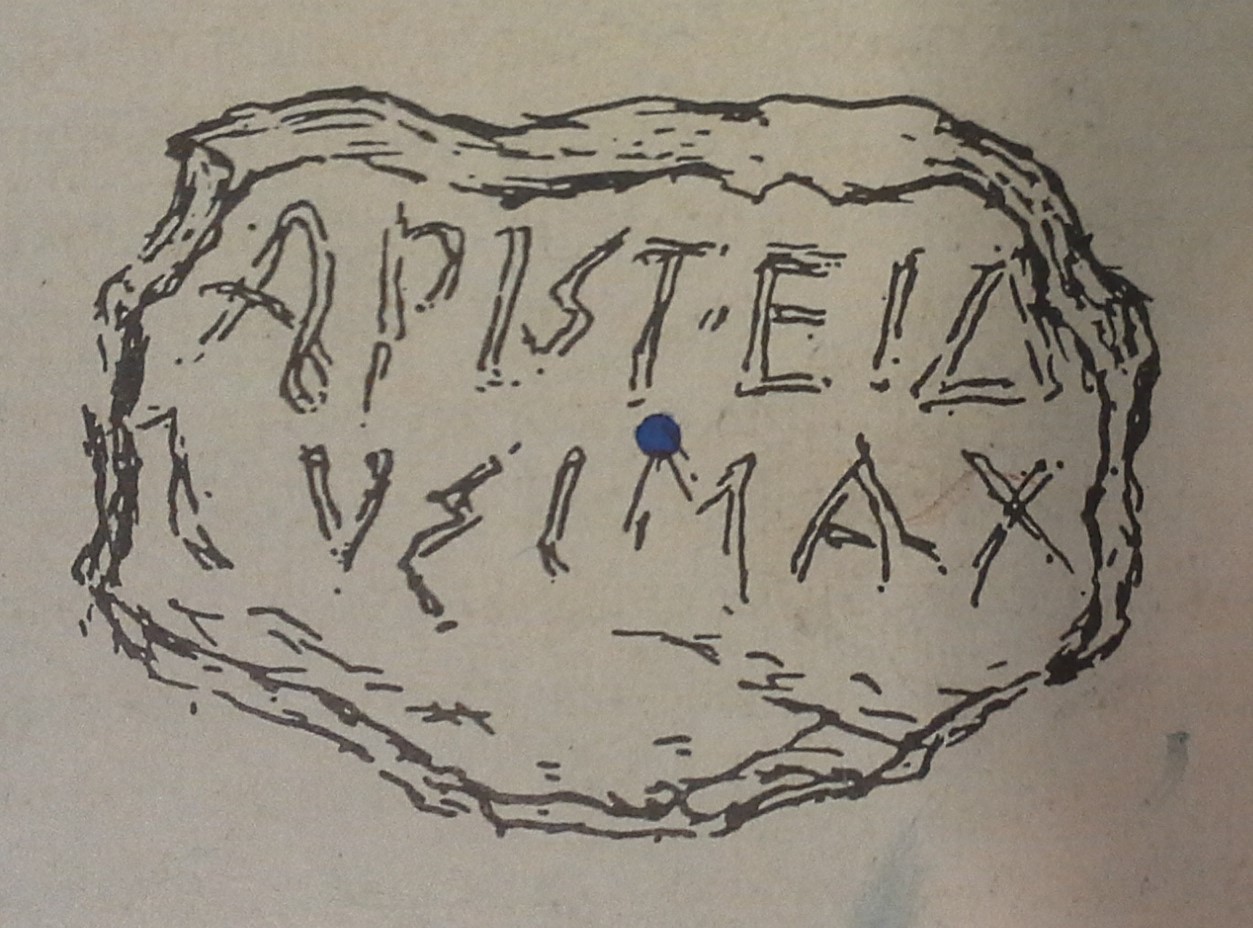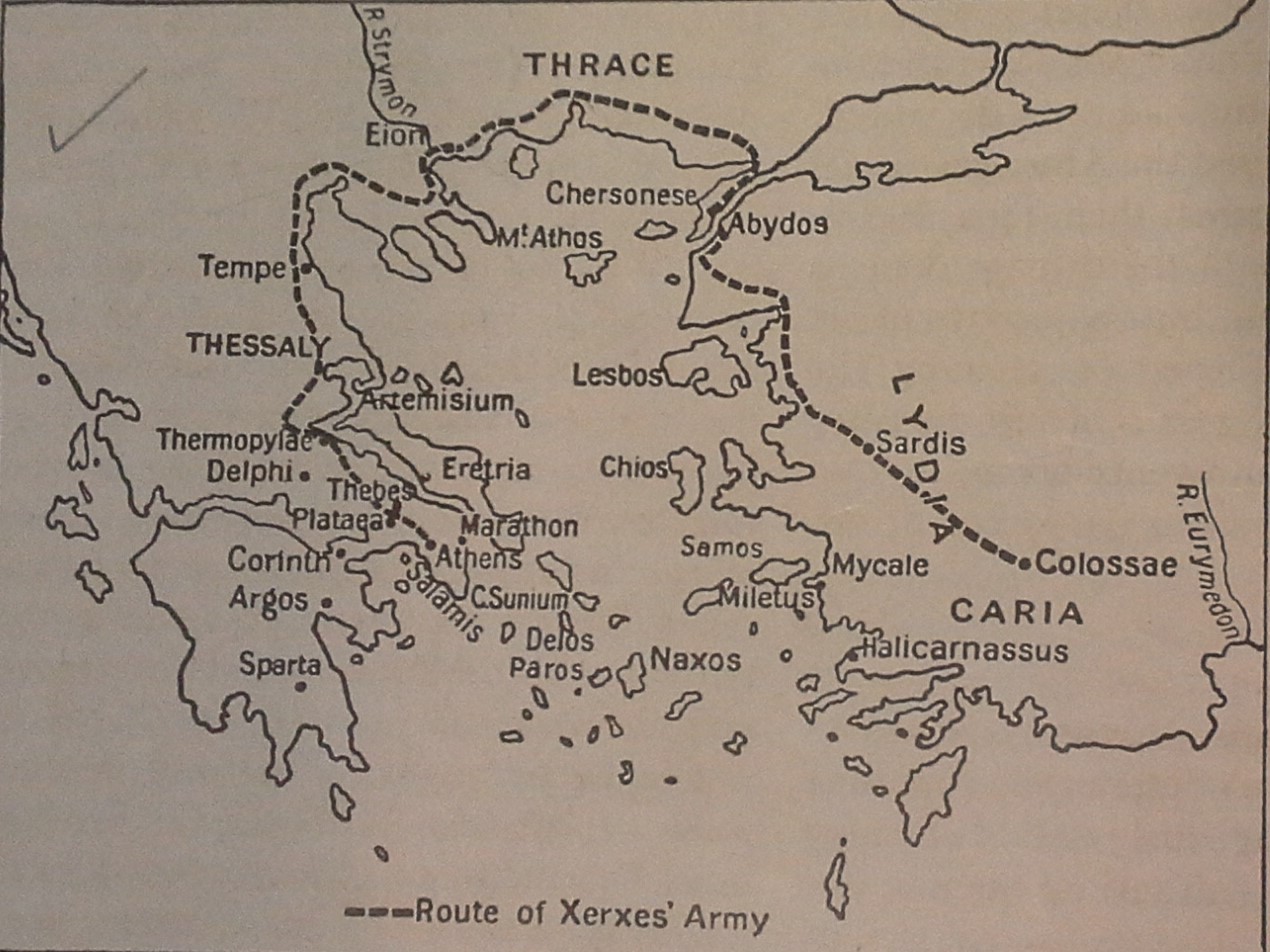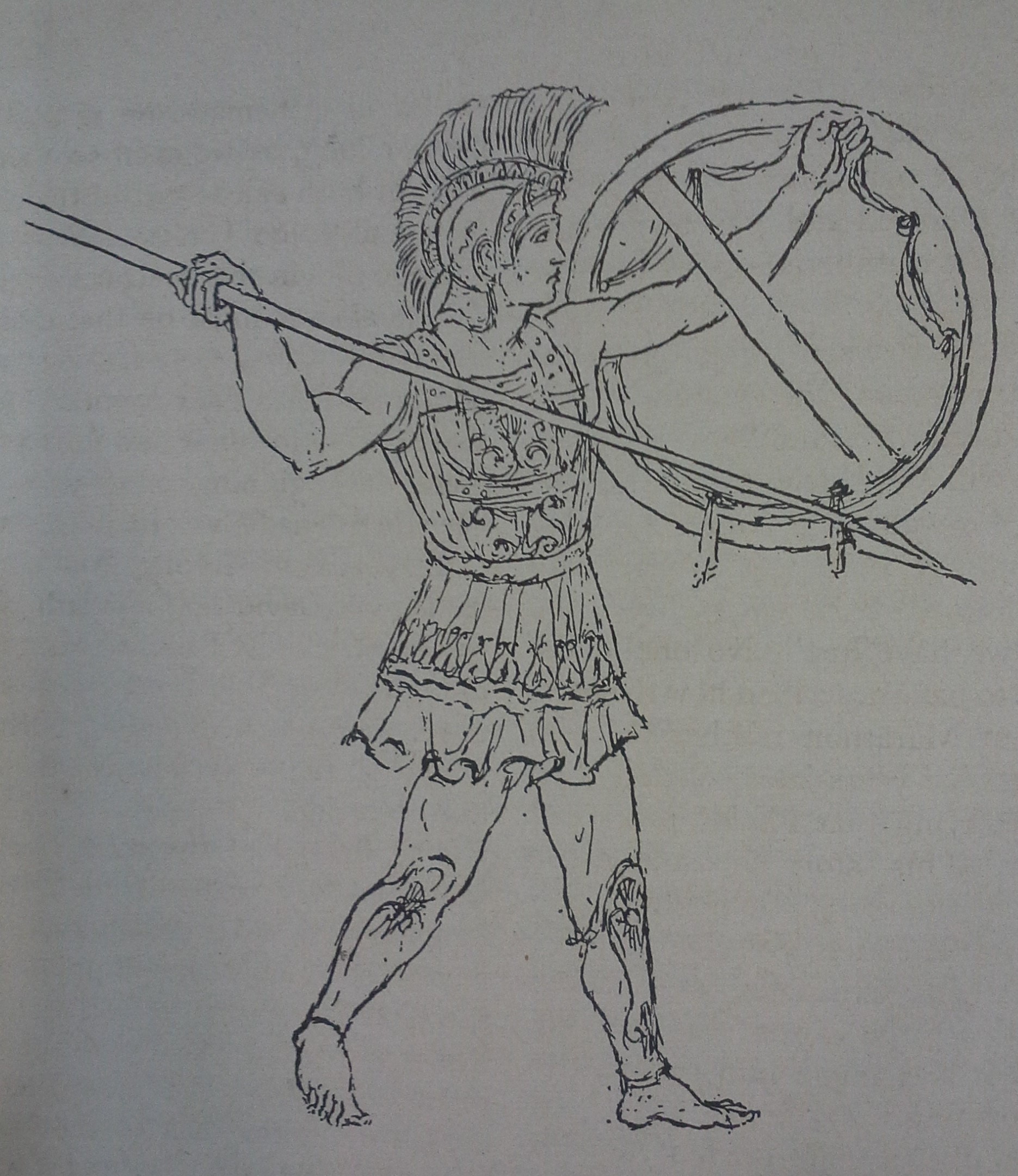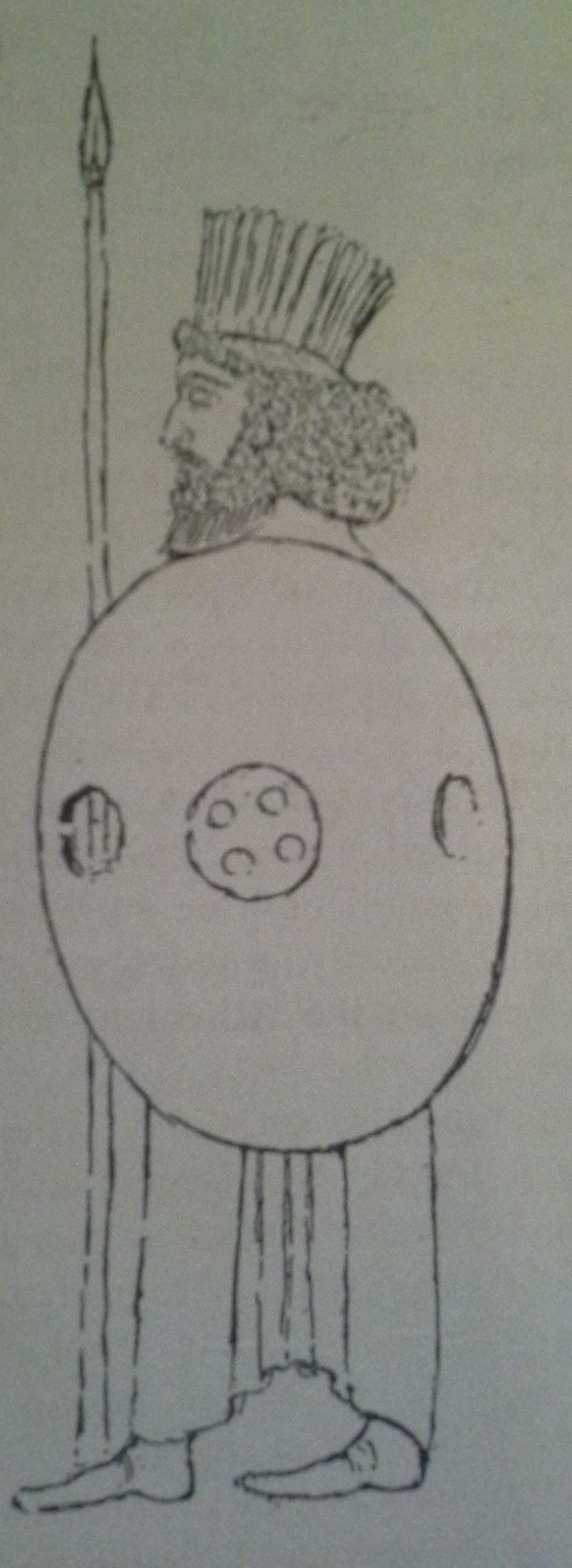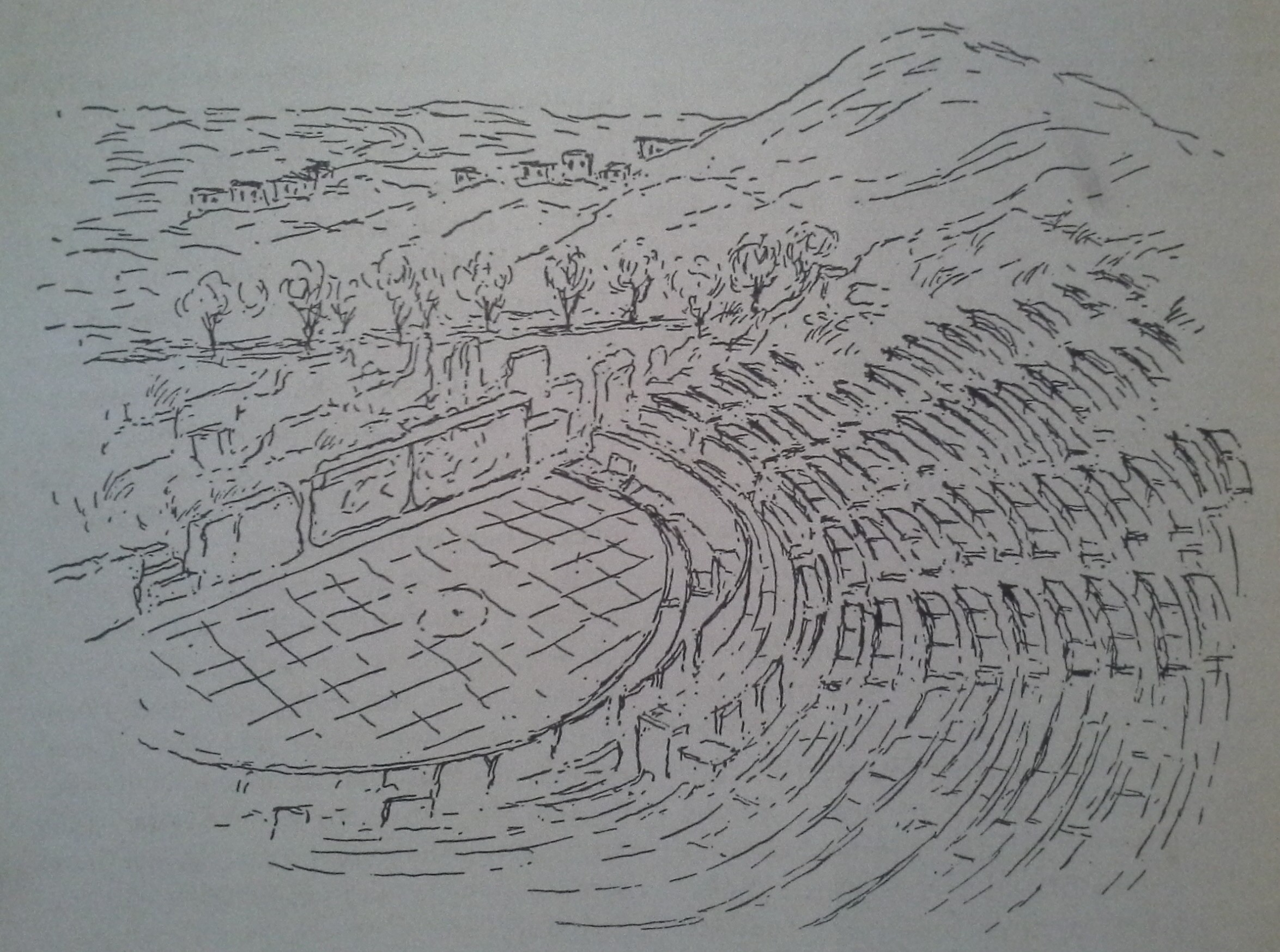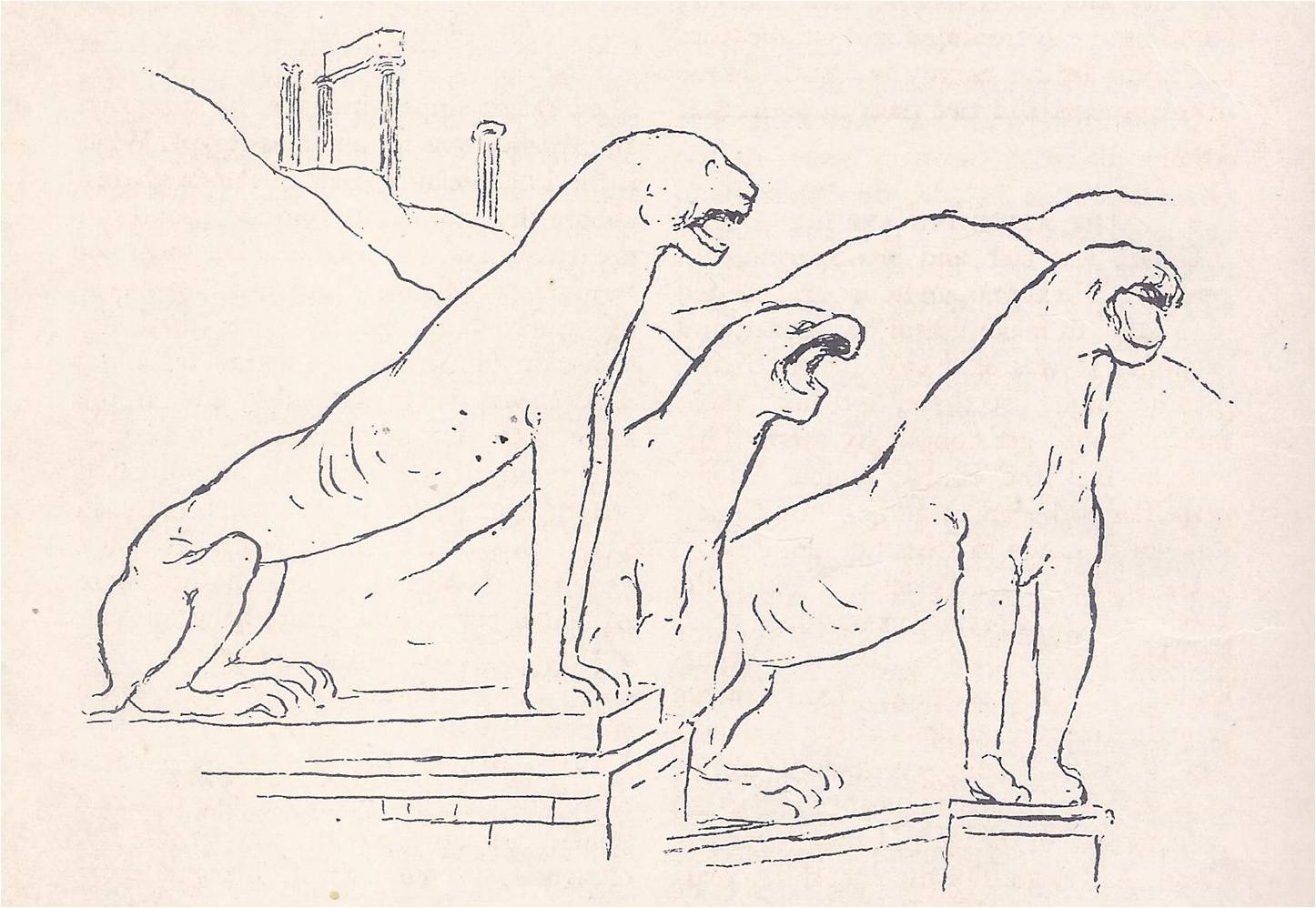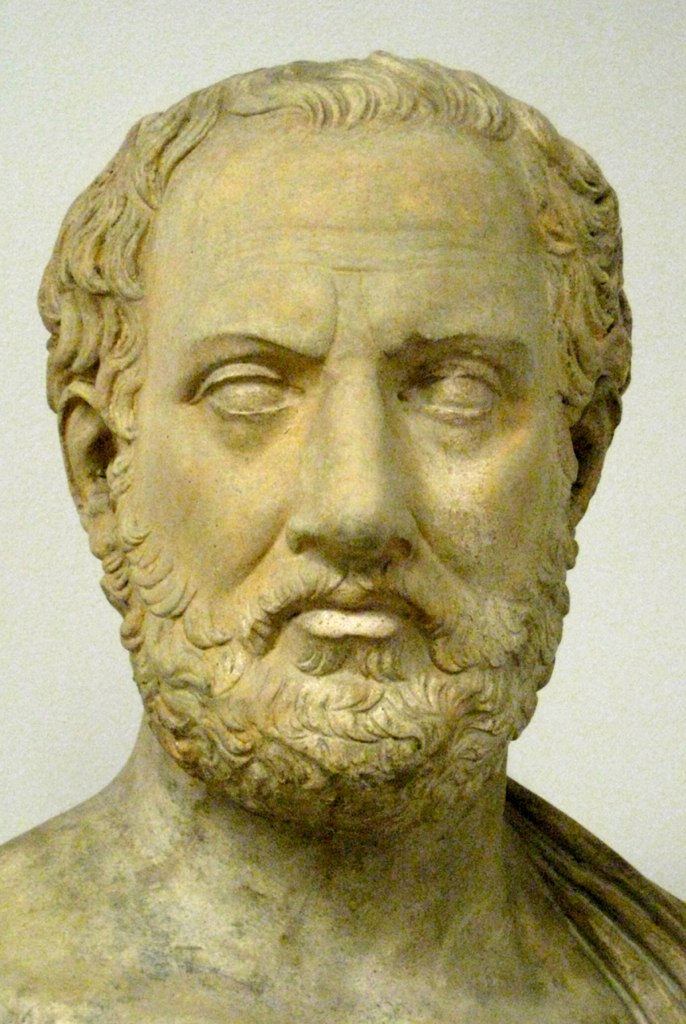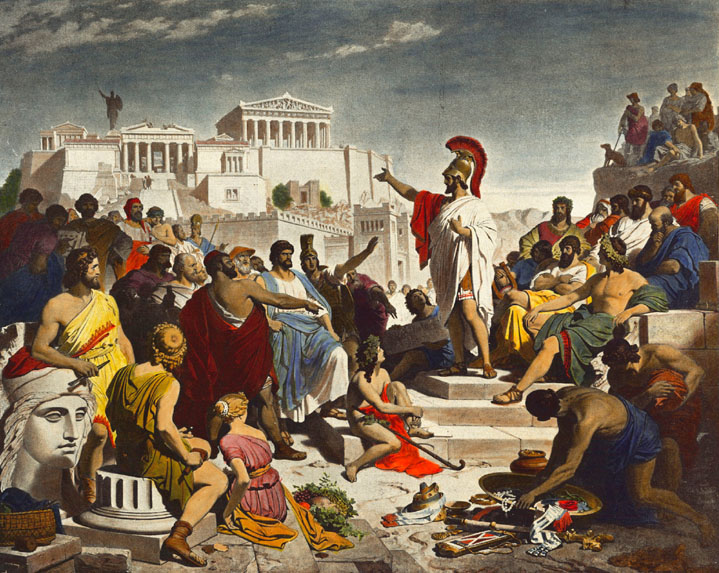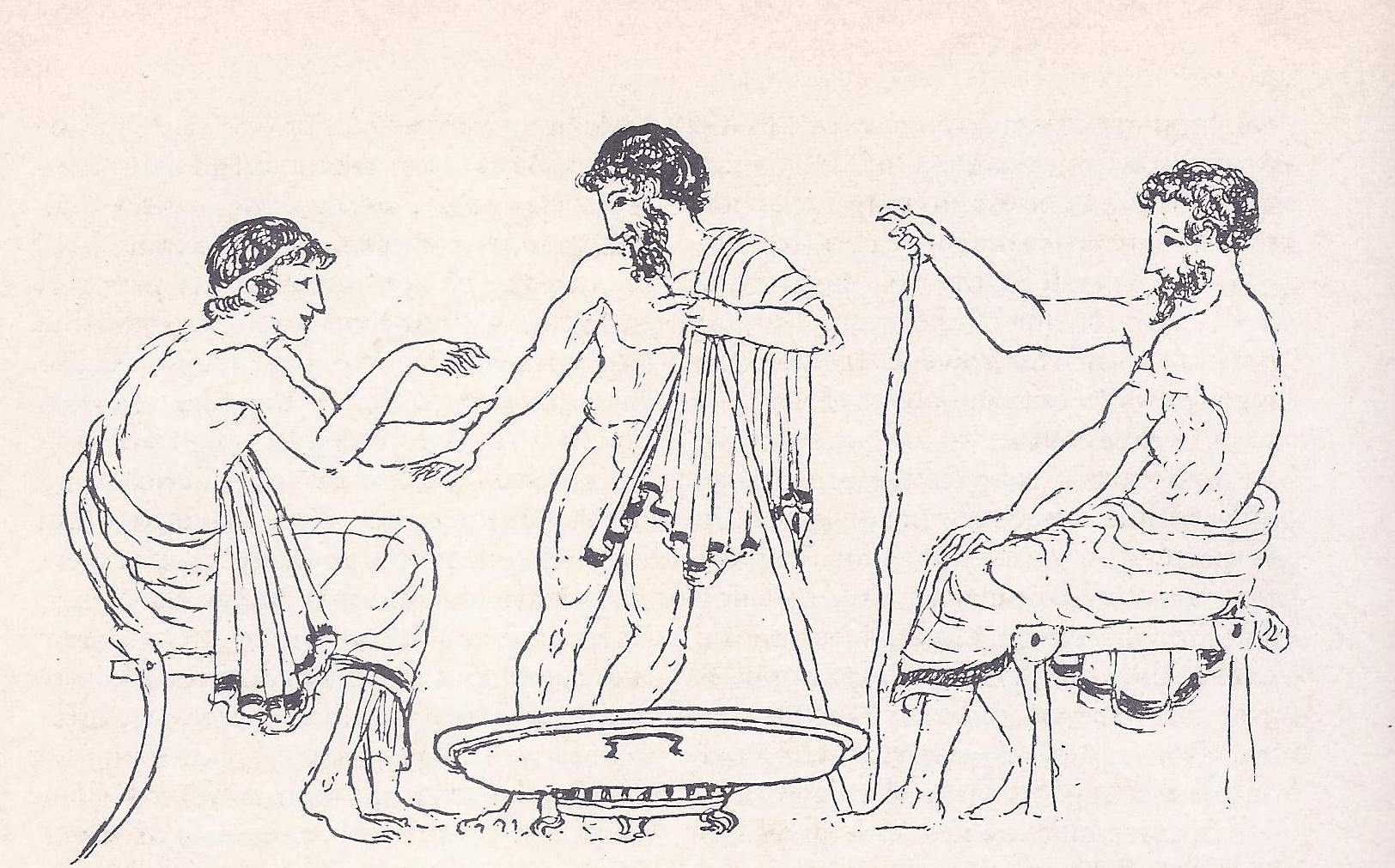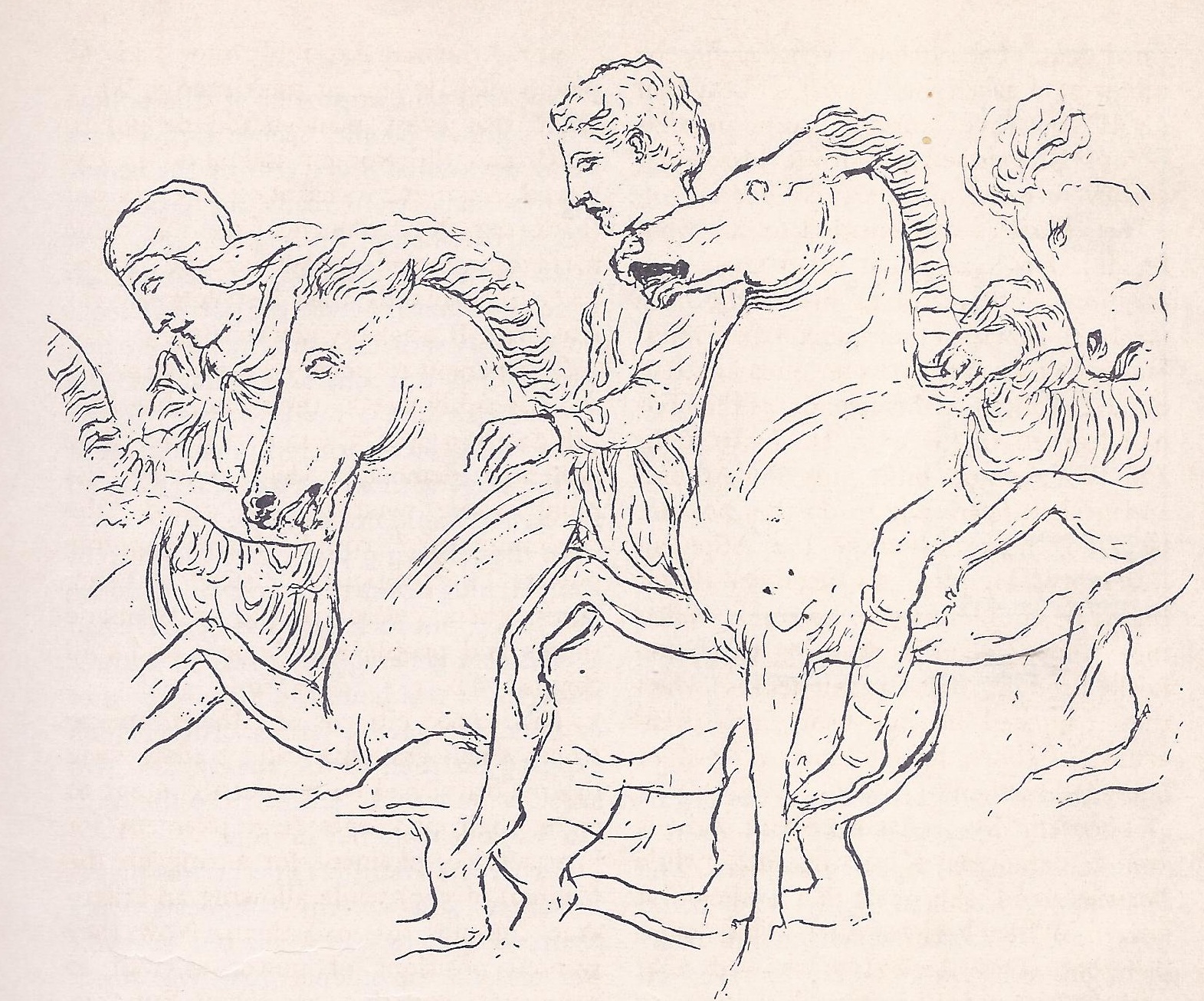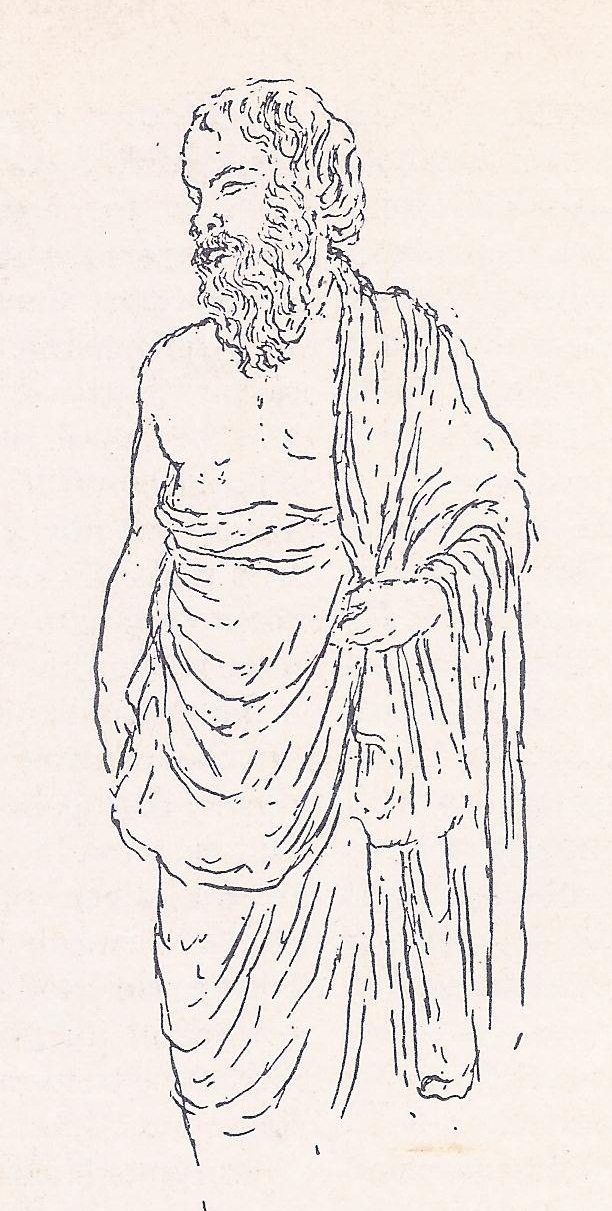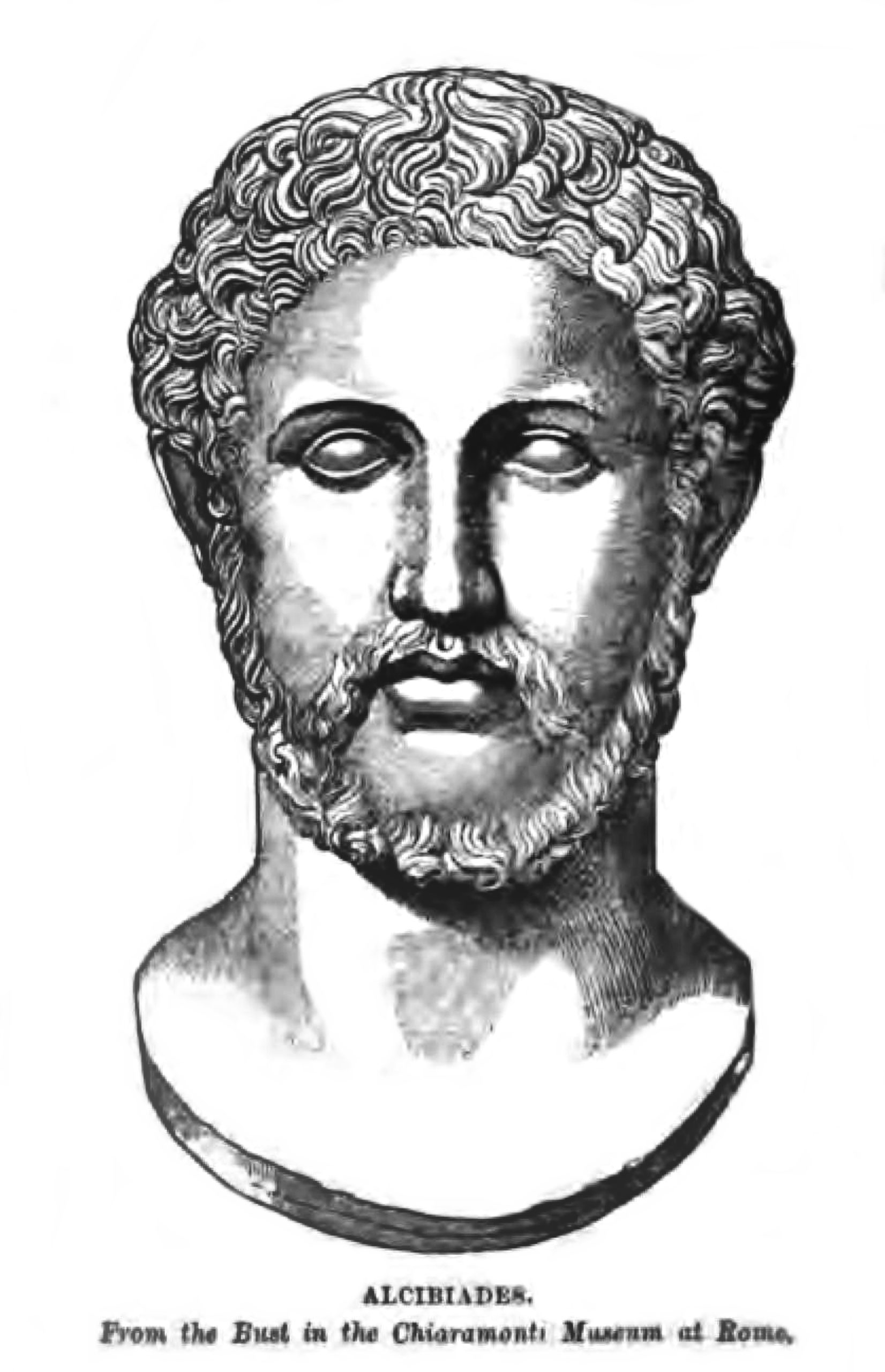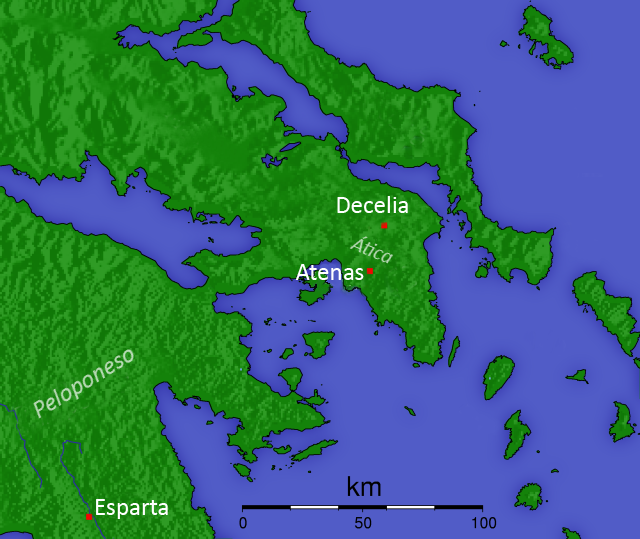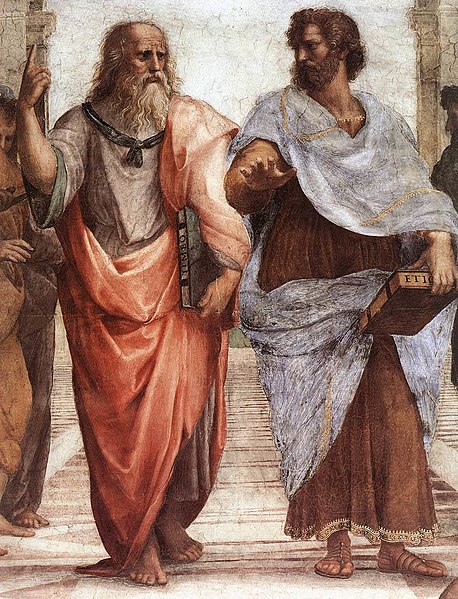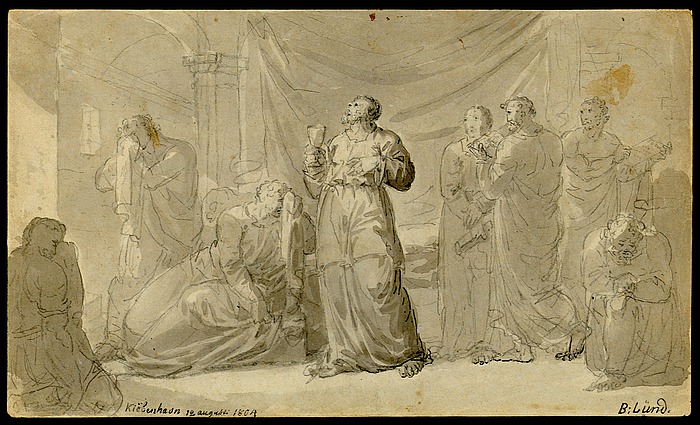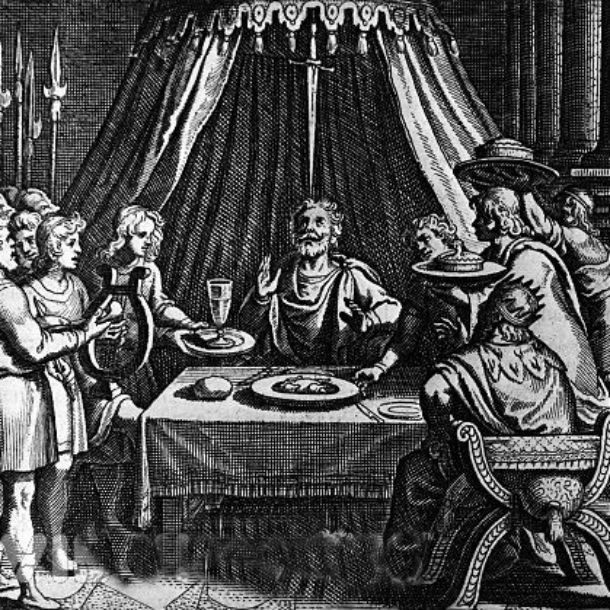Latest Posts
Kings, Tyrants and Democracy 1000 B. C. to 100 B. C.
During the Dark Ages, the large kingdoms of Homer’s Achaean heroes had disappeared. The Greek world was now dotted with
Gods and Heroes 800 B.C. – 550 B.C.
From island to island and town to town, across the wide new world of the Greeks, the minstrel wandered, with
Companions of the King 1500 B.C. – 1000 B.C.
Across the plains of Peloponnesus, flashed the swift chariots of knights and warrior-princes. They wore armour of gleaming bronze and
Early Civilizations to Modern Age
The City Divided 130 B. C. – 70 B. C.
MARCUS TULLIUS CICERO, a young statesman known for his dramatic speeches, stood before a panel of judges in a courtroom
The City of Caesar 80 B. C. – 44 B. C.
THE story of Rome in the years after Sulla’s death was the story of a partnership of power. It was
The Second Triumvirate 43 B. C. – 30 B. C.
AS THE news of Caesar’s death spread through Rome, sorrow, anger and fear took hold of the city. On March
Distant Past and New Challenges
Milestones of History
Let My People Go! (Hebrews 1280 B.C.)
The Hebrews were a nomadic people, some of whom settled in Egypt. They had their own God — Yahweh or
Hittite Empire and Egypt Threatened by Northern Invaders (1280 – 1191 B.C.)
Although the Exodus of the “children of Israel” from Egypt is rightly to be regarded as one of the greatest
Ramses III Defeats the Sea People (1191 B.C.)
For several years the Sea Peoples from the north had been drawing closer and closer to Egypt. Syria and Libya
